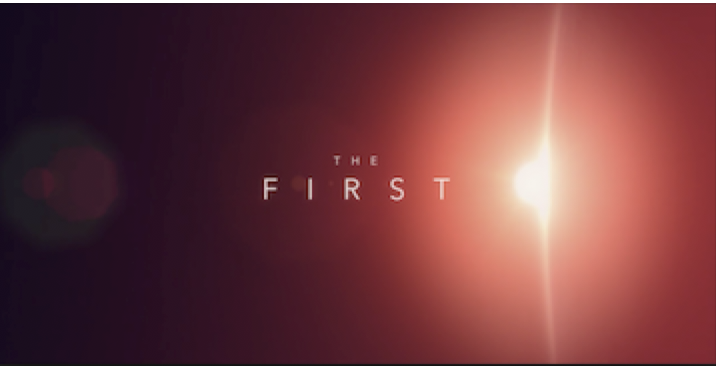Innovation is not always Progress!
06/02/2019

At the end of last year, some of you may have watched the TV series “The First” about the first mission to the planet mars set in the 2030s. A statement keeps ringing in my ears – “Innovation is not always progress” commenting about use of high tech gizmos vs pencil and paper. Now I’m not advocating we go back to the age of the quill pen, but on our travels we see so often so-called “technology solutions” being applied to problems, either we didn’t know we had, or haven’t thought through properly.
For example, we hear and read (usually from purveyors of such “solutions”) about Business Analytics (BA) and Business Intelligence (BI) being banded around as the ultimate in predicting, for example, when crimes are going to happen, with claims that these can be prevented, or about how so-called Big Data (BD) will predict when a sophisticated engineering system is likely to break down, or about how Artificial Intelligence (AI) can be used to predict faults in a communications network. Well, without changing the way we think, this is all BS!
For this blog we’ll pick just one example from the Police out of many such claims across the Private and Public Sector. The claim is that, had a Force been using a particular BI tool, a murder could have been prevented. This argument is reverse constructed from the event and works backwards to show how, if certain information had been available in one place, the murder could have been prevented.
The Police are, as are most organisations, part of a “world-system” working in a “Complex Environment”. We’ll draw from some break-through work originating from IBM, but has been taken further by a number of practitioners and academics – the so-called Cynefin Framework for understanding the environment you are operating in. More on this in the next blog, but for now, suffice it to say, that using techniques designed for a “Simple Environment” or a Complicated Environment” – which most of BI or BA or whatever you want to call it is created for – they just will not work. In particular the “IF – THEN – ELSE” or “ISHIKAWA Diagram” (Cause & Effect) do not work in a Complex Environment. Which means you cannot work back from an event and firmly determine its cause(s).
What we have to do is to stop substituting bright and shiny new technology in place of CHANGING THE WAY WE THINK.
Only when we change the way we think will we make sustained and real progress.
Innovation is not always progress!
Categories & Tags:
Leave a comment on this post:
You might also like…
Keren Tuv: My Cranfield experience studying Renewable Energy
Hello, my name is Keren, I am from London, UK, and I am studying Renewable Energy MSc. My journey to discovering Cranfield University began when I first decided to return to academia to pursue ...
3D Metal Manufacturing in space: A look into the future
David Rico Sierra, Research Fellow in Additive Manufacturing, was recently involved in an exciting project to manufacture parts using 3D printers in space. Here he reflects on his time working with Airbus in Toulouse… ...
A Legacy of Courage: From India to Britain, Three Generations Find Their Home
My story begins with my grandfather, who plucked up the courage to travel aboard at the age of 22 and start a new life in the UK. I don’t think he would have thought that ...
Cranfield to JLR: mastering mechatronics for a dream career
My name is Jerin Tom, and in 2023 I graduated from Cranfield with an MSc in Automotive Mechatronics. Originally from India, I've always been fascinated by the world of automobiles. Why Cranfield and the ...
Bringing the vision of advanced air mobility closer to reality
Experts at Cranfield University led by Professor Antonios Tsourdos, Head of the Autonomous and Cyber-Physical Systems Centre, are part of the Air Mobility Ecosystem Consortium (AMEC), which aims to demonstrate the commercial and operational ...
Using grey literature in your research: A short guide
As you research and write your thesis, you might come across, or be looking for, ‘grey literature’. This is quite simply material that is either unpublished, or published but not in a commercial form. Types ...







I enjoyed this a lot David. It’s a subject I’ve been ruminating on for a while. I think that the ‘conscious criticism’ taken from the scientific method and implied in your post is incredibly important in organisational decision making. I’m beginning to think its the quickest route to avoiding the echo chamber.
Speaking as a tech leader, much of the technology is persuasive in its own right, but as you mention coupled with the way its marketed (an older blog post of mine touched on this point https://alphastatecouk.wordpress.com/2018/11/13/roll-up-roll-up-get-your-snake-oil-here/) it takes a brave person to question. But question we must!
Keep them coming.